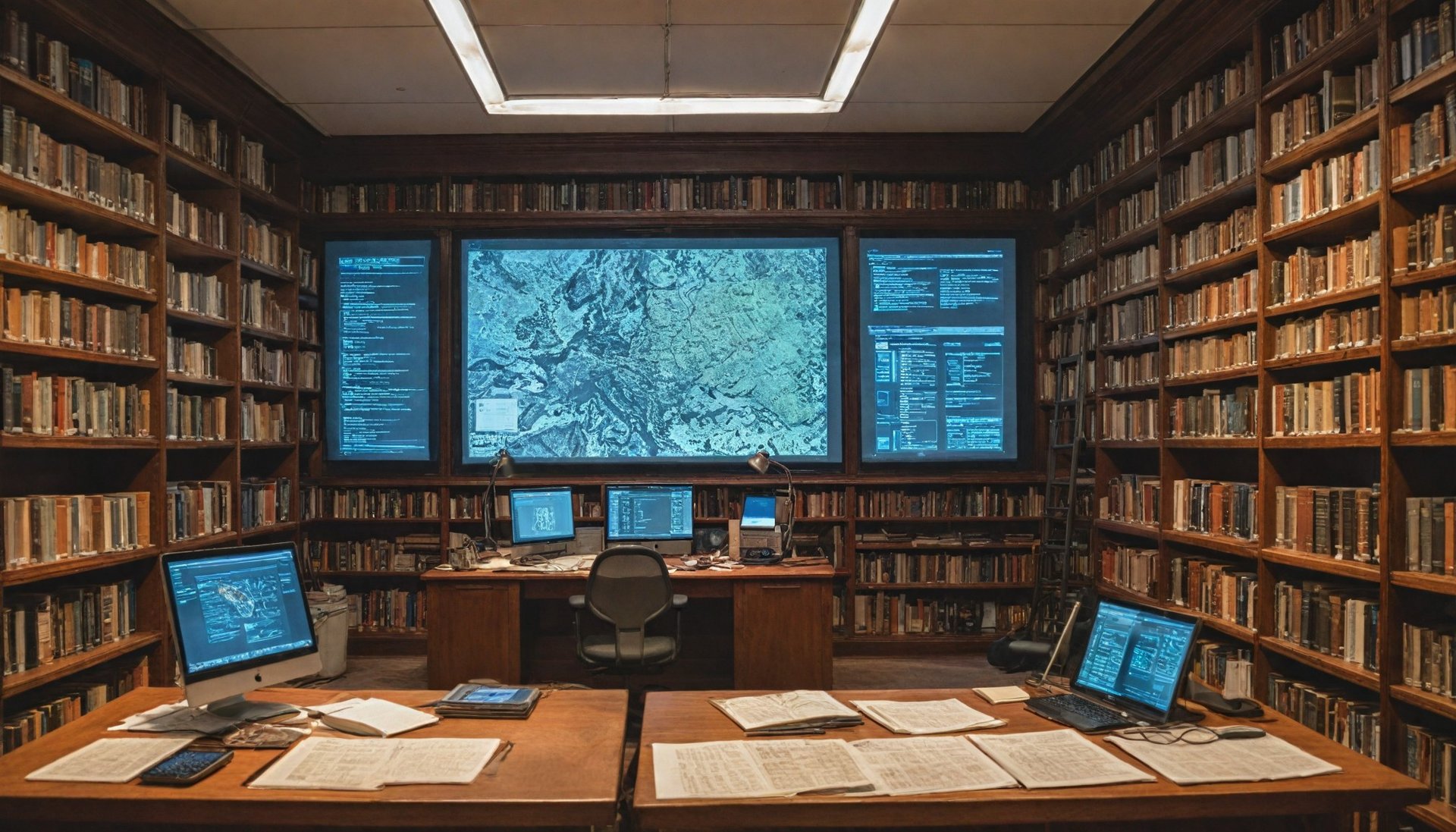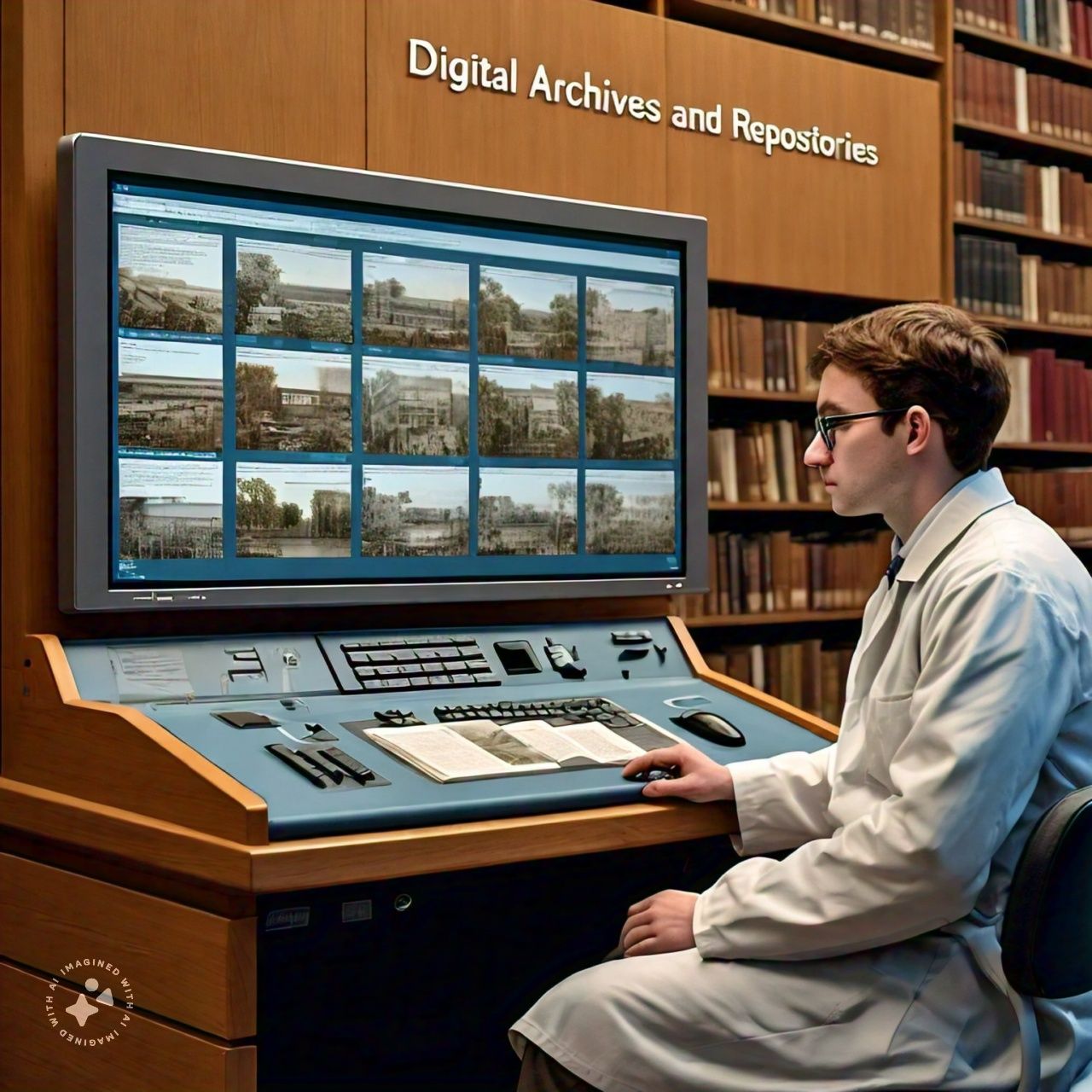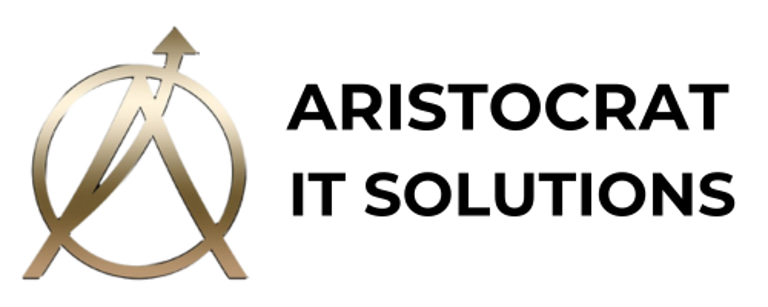The Role of Digital Humanities in Modern Research


Digital humanities combines traditional humanities research with digital technologies, enabling new approaches to the study and analysis of humanities subjects. This guide explores the role of digital humanities in modern research, its benefits, and strategies for integrating digital tools into humanities research.
Introduction: The Concept of Digital Humanities
Definition: Explain what digital humanities is and its significance in the research landscape.
Interdisciplinary Nature: Discuss the interdisciplinary nature of digital humanities, combining humanities with digital technologies.
Benefits of Digital Humanities
Innovative Approaches: Highlight how digital humanities enables innovative approaches to research and analysis.
Enhanced Accessibility: Discuss the potential for enhanced accessibility and dissemination of humanities research through digital platforms.
Data-Driven Insights: Explain how digital tools provide data-driven insights and facilitate new discoveries in humanities research.
Key Digital Humanities Tools and Techniques
Text Analysis: Overview of text analysis tools and techniques, such as natural language processing (NLP) and text mining.




Digital Archives: Discuss the use of digital archives and repositories for accessing and preserving historical documents and artifacts.
Data Visualization: Highlight the role of data visualization tools in representing complex humanities data visually.


Geospatial Analysis: Explain the use of geospatial analysis tools for mapping and analyzing historical and cultural data.


Integrating Digital Humanities into Research
Research Design: Tips for designing research projects that incorporate digital humanities tools and techniques.
Collaborative Projects: Discuss the potential for collaborative projects that bring together scholars from humanities and technology fields.
Training and Skill Development: Emphasize the importance of training and skill development in digital tools and methods.
Addressing Challenges in Digital Humanities
Technical Expertise: Strategies for acquiring the technical expertise needed for digital humanities research
Data Management: Tips for managing and organizing large datasets in digital humanities projects.
Ethical Considerations: Discuss the ethical considerations related to digital humanities, including data privacy and intellectual property
Case Studies: Successful Digital Humanities Projects
Example 1: Analyze a successful digital humanities project, highlighting key tools and techniques used.
Example 2: Discuss another example focusing on the interdisciplinary collaboration and innovative approaches in digital humanities.
Final Thoughts: The Future of Digital Humanities
Evolving Field: Discuss the evolving nature of digital humanities and its potential for future advancements.
Continuous Learning: Encourage continuous learning and adaptation to new digital tools and technologies in humanities research.
Call to Action
Interested in integrating digital humanities into your research? Our professional services can guide you in leveraging digital tools and techniques to enhance your humanities research and uncover new insights.
Enquire now at [wa.me/+919894595035?text=authorspark](https://wa.me/+919894595035?text=authorspark ) to get expert support.
Visit [www.AristocratResearch.com](https://www.AristocratResearch.com) for more information.
By understanding and integrating digital humanities tools and techniques, researchers can enhance their ability to analyze and interpret humanities data, leading to new discoveries and innovative approaches in humanities research.
Address
Aristocrat intelli-Tech (iT),
3rd Floor, Centre for Advanced Studies,
Innovation Council, Sathyabama University,
OMR, Chennai - 600119.

